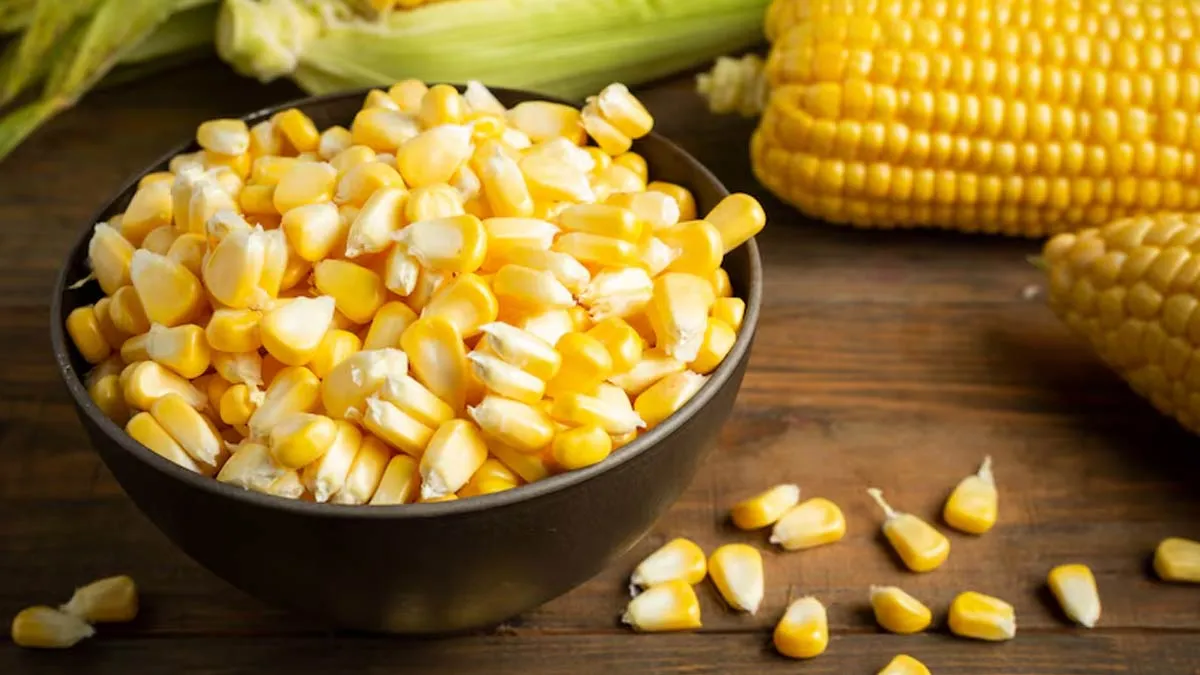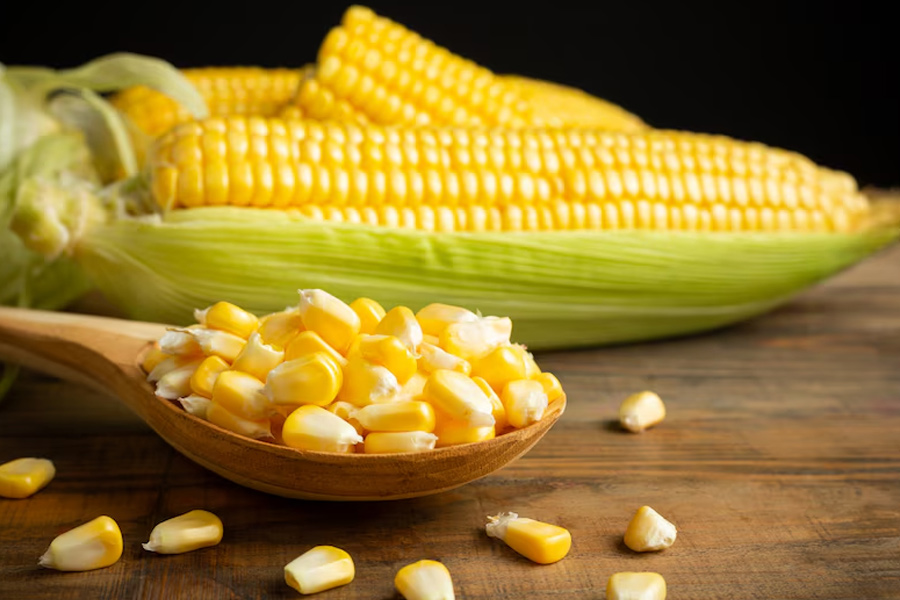
Corn, often referred to as maize, has been a staple food across the globe for centuries. It’s versatile, delicious, and packed with nutrients, making it a favorite in many diets. But did you know that corn is also a gluten-free, weight-loss-friendly superfood? From aiding digestion to boosting energy, corn offers numerous health benefits. Let’s explore what makes corn an essential addition to a balanced diet.
Table of Content:-
Nutritional Profile of Corn
Corn is a powerhouse of nutrients, including vitamins, minerals, and antioxidants. It is rich in:
Fibre: Promotes healthy digestion and keeps you feeling full longer.
Vitamins: Especially B vitamins like B6 and niacin, essential for energy metabolism.
Antioxidants: Lutein and zeaxanthin protect against oxidative stress and support eye health.
Carbohydrates: Provide sustained energy, making it ideal for active individuals.
Moreover, corn is naturally gluten-free, making it safe for people with celiac disease or gluten intolerance.
Corn and Weight Loss
Contrary to the myth that corn is fattening, this nutrient-rich grain can actually aid in weight loss when consumed in moderation. Its high fiber content promotes satiety, preventing overeating. Additionally, the resistant starch in corn slows digestion, keeping blood sugar levels stable.
A 2019 study published in Nutrients found that diets rich in whole grains, including corn, are associated with better weight management. Researchers noted that the fiber and phytonutrients in whole grains help reduce body fat and improve metabolic health.
Key Health Benefits of Corn

1. Supports Digestive Health
Corn is a rich source of insoluble fiber, which acts as a natural digestive aid. It adds bulk to stool, preventing constipation and promoting regular bowel movements. Research says that dietary fiber from corn can also support gut microbiota, improving overall digestive health.
2. Boosts Eye Health
Corn is abundant in lutein and zeaxanthin, antioxidants known for protecting the eyes from harmful blue light and reducing the risk of age-related macular degeneration. Regular consumption of corn can enhance vision and prevent eye strain, especially for individuals spending long hours in front of screens.
Also read: When Should Your Child Get Their First Eye Exam?

3. Provides Sustainable Energy
Corn’s natural carbohydrates are perfect for fueling workouts or maintaining energy throughout the day. Unlike refined carbs, corn offers a steady release of glucose, ensuring sustained energy levels without the sugar spikes.
4. Supports Heart Health
The potassium and magnesium in corn contribute to heart health by regulating blood pressure and reducing the risk of cardiovascular diseases. Additionally, corn’s antioxidant profile helps combat inflammation, a significant factor in heart disease.

5. Prevents Obesity
A review published in Frontiers in Nutrition analysed the health benefits of whole grains, including corn, and emphasised its role in preventing obesity and chronic diseases. Corn’s unique composition of fibre, antioxidants, and phytochemicals supports weight management and metabolic health.
Also read: Higher BMI In Early Adulthood Linked To Increased Cardiovascular Disease Risk: Study
6. Reduces Inflammation
A study highlighted corn's antioxidant capacity, which plays a vital role in reducing inflammation and oxidative stress, key contributors to aging and chronic diseases.
Incorporating Corn into Your Diet

Corn is incredibly versatile and can be enjoyed in various forms:
- As a snack: Popcorn (air-popped and unsalted) is a low-calorie treat.
- In meals: Add corn kernels to salads, soups, or stir-fries.
- As a flour: Use corn flour or masa harina for gluten-free baking or tortillas.
Conclusion
Corn is much more than a tasty grain—it’s a nutritional powerhouse that can support weight loss, improve digestion, and enhance overall health. With its gluten-free nature and a range of essential nutrients, corn deserves a spot in your diet. So, whether you enjoy it grilled, boiled, or popped, make this superfood a part of your health journey.
Higher BMI In Early Adulthood Linked To Increased Cardiovascular Disease Risk: Study
Also watch this video
How we keep this article up to date:
We work with experts and keep a close eye on the latest in health and wellness. Whenever there is a new research or helpful information, we update our articles with accurate and useful advice.
Current Version
